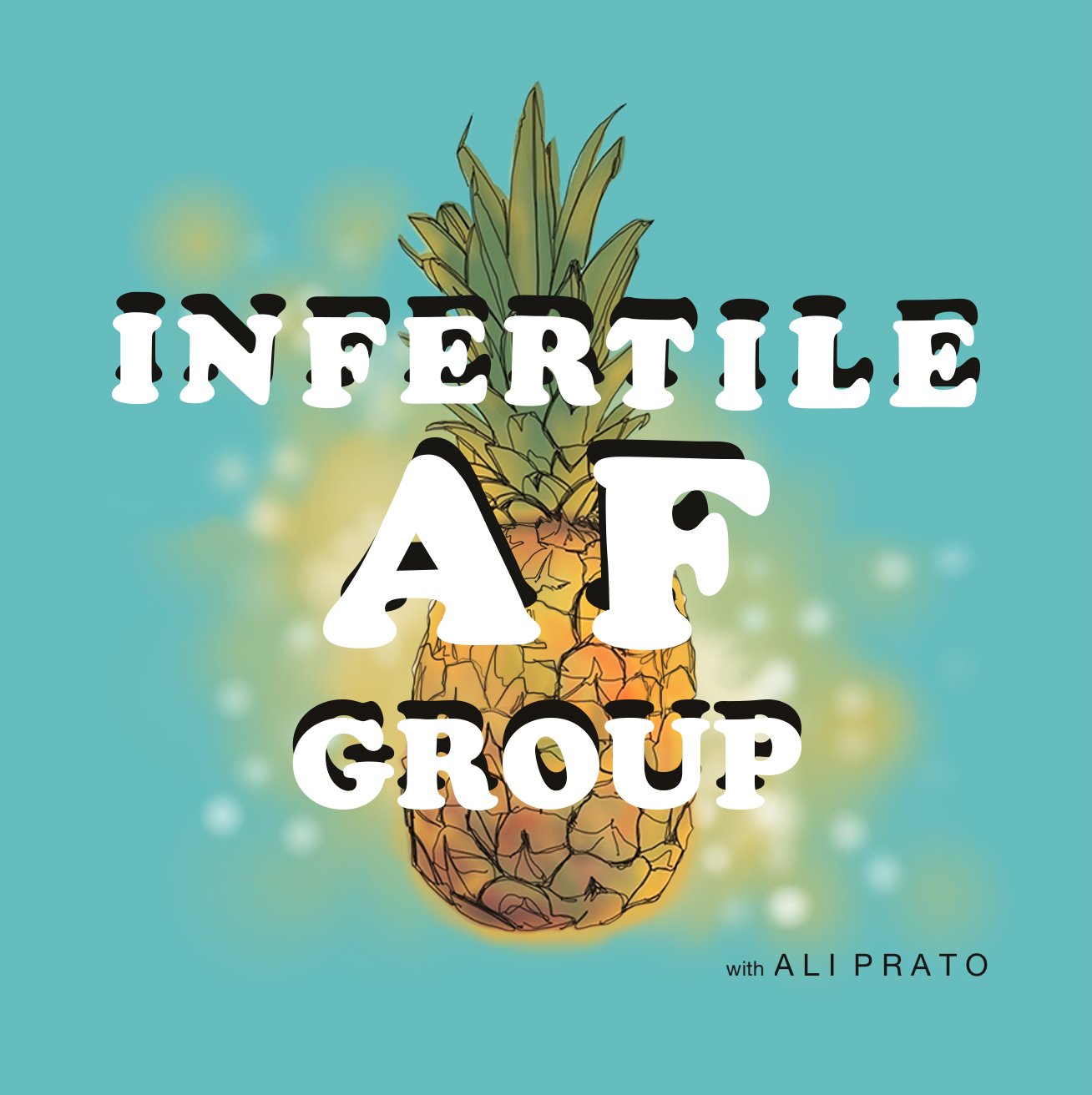Brooklyn Resident Ali Prato, Texas Woman Blair Nelson Create Support Community 'Fertility Rally' To Let Others Know They're Not Alone
It is Infertility Awareness Week, and a Brooklyn woman wants others to know they are not alone.
The Centers for Disease Control and Prevention says one in eight couples experience infertility and doctors expect that number is even higher.
Williamsburg resident Ali Prato felt alone, going through secondary infertility after giving birth to her first child at 35.
"I had recurrent pregnancy loss, four miscarriages," Prato told CBS2's Lisa Rozner.
Blair Nelson, of Texas, had a similar experience with her husband at age 31.
"We found out that he had some chromosomal issues that he was born with," Nelson said. "We were basically told eight months into our marriage that IVF was the only way we were going to have children."
One pregnancy ended in early loss.
"I wanted to find support and other people that understood what I was going through," Nelson said.
Celebrities like Chrissy Teigen and Michelle Obama have helped open up the conversation.
The National Infertility Association says approximately 30% of infertility is due to a female factor and 30% due to a male.
Prato and Nelson found the strength to share their stories on podcasts, crossed paths and founded the support community FertilityRally.com.
As part of Infertility Awareness Week, they've hosted 35 speakers.
"Talking about everything from embryo donation to walking away childless not by choice to plus-size infertility," Prato said.
Doctors say there are no signs or symptoms of infertility but recommend getting regular checkups to detect a problem.
"It's OK to get a reproductive checkup, for a woman to go into her gynecologist or a reproductive specialist and say, 'Are my eggs OK? Is my uterus OK?' For a man to go and say, 'Is my sperm OK?' So to really check the plumbing," said Dr. Alan Copperman, director of Reproductive Medicine Associates of New York.
"In a good way, there's greater awareness of how conditions like endometriosis, ovarian cysts, other medical conditions can effect ovarian reserve, and I think other providers are proactive about referring those patients to us sooner, which is great because the younger we see them the better," said Dr. Paula Brady, a reproductive endocrinologist at Columbia University Fertility Center.
Dr. Joshua Klein heads egg-freezing company Extend Fertility.
"We do a blood test. We do an ultrasound in advance. Once those results are available, we have them meet with a reproductive endocrinologist like myself," he said.
Through IVF with Klein, Prato gave birth to her second child five years ago.
"I look at my son every day, honestly, and I say to him, I still can't believe you're here," she said.
And for Nelson, after four rounds of IVF, she's expecting a baby girl in a few weeks.
Both are showing others there is hope.
In recent years, New York state has required health insurers to cover services to diagnose and treat infertility. It also last year allowed paid surrogates to do business in the state.
